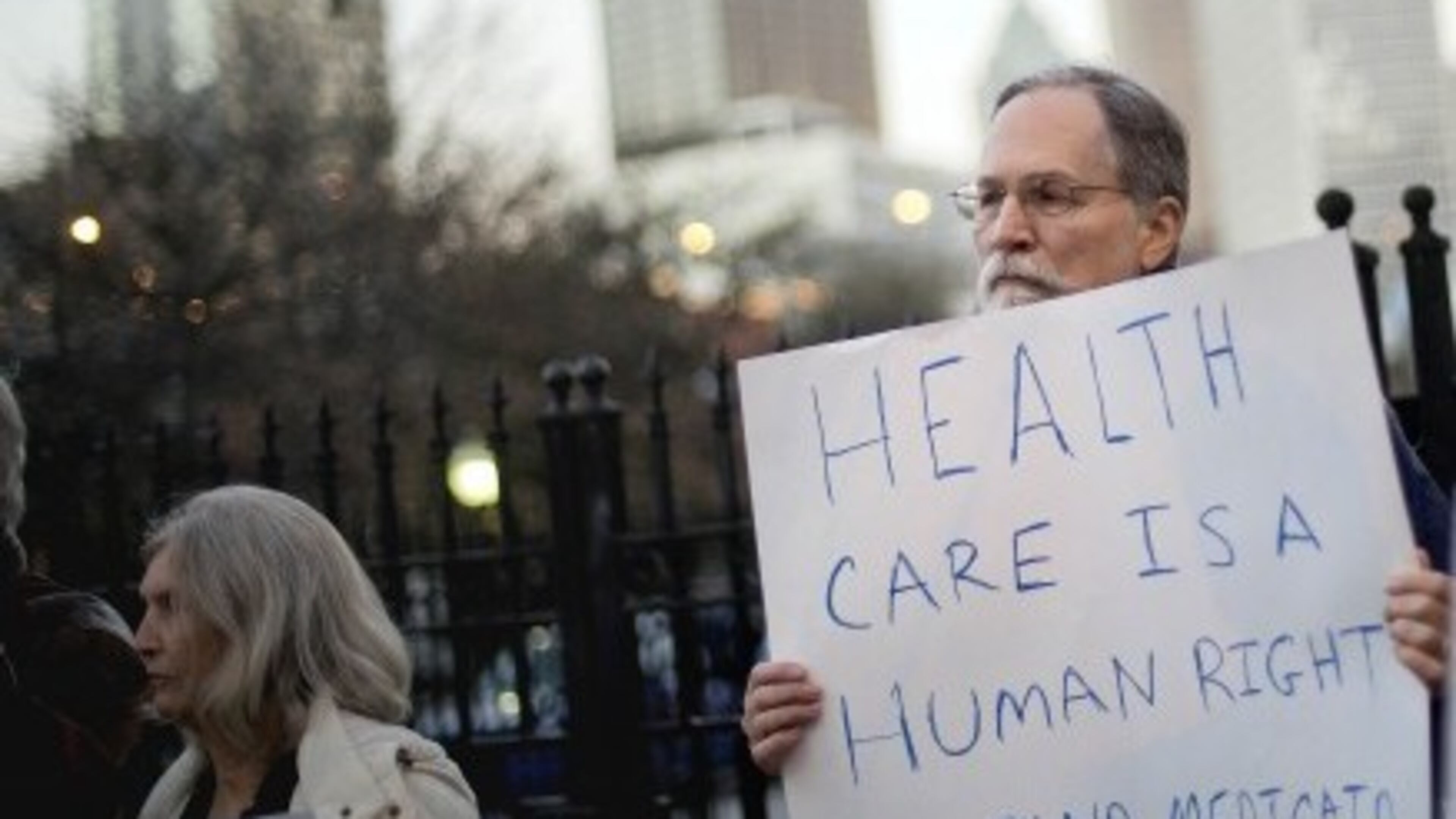The business case for Medicaid expansion

If you’re a middle-aged Georgian, the odds that you’ll live to age 75 have improved a bit over the past decade.
But if you’re white, middle-aged and live in rural parts of the state, it’s another story entirely. According to statistics kept by the state Department of Public Health, the chance of premature death among that demographic group has risen by 13 percent since 2005. Among white women living in rural Georgia, “years of potential life lost” prior to age 75 has risen by an astonishing 27 percent.
Most of those people live in communities represented in the Georgia General Assembly by Republican legislators. In order to make a political point, those elected representatives of the people have been insistent on not expanding Medicaid insurance to hundreds of thousands of lower-income Georgians, among them many of their own constituents.
And the consequences of that decision go well beyond unnecessary death and illness. Doctors are increasingly unable to make a living in rural areas with high numbers of uninsured citizens, and are either fleeing or retiring and are not being replaced. Hospitals in those regions are also closing, taking with them a large number of better-paying jobs. In addition, companies looking to relocate or grow are much less likely to locate in communities without access to health care.
Until now, humanitarian arguments about lost lives, premature deaths and unnecessary pain and illness have fallen on deaf ears and hard hearts, but change may be in the air. The Georgia Chamber of Commerce has taken up the issue and has begun to stress the economic argument, pointing out the billions of dollars in federal money that Medicaid expansion would bring into the state and the tens of thousands of jobs it would create. In a task force report issued this week, the chamber offered legislators three possible ways to expand Medicaid coverage while still staying true to “conservative principles.”
For some, of course, that remains an impossible contradiction. They don’t believe that a government-financed health insurance program can be reconciled with conservative ideology no matter what benefits it might bring.
It doesn’t matter to them that 31 other states, under both Republican and Democratic leadership, have accepted expansion. It doesn’t matter that under Gov. Mike Pence, Donald Trump’s running mate, Indiana has expanded Medicaid coverage and provided health insurance to an additional 345,000 people. It doesn’t matter that a relatively poor red state such as Arkansas has cut its uninsured rate from 22.5 percent, one of the highest in the nation, to less than 10 percent, one of the lowest. Nor does it matter that Arkansas, for example, reports $131 million in annual budget savings and additional revenue thanks to its Medicaid expansion, more than offsetting its additional cost.
So if the humanitarian impact doesn’t convince you, and if the economic and budget impacts don’t convince you, then congratulations, your ideological purity is impressive. But to those in need of medical help that they can’t afford, to those living in communities where the local hospital teeters on bankruptcy, to those who are dying years too early, your ideology is probably pretty poor comfort.
